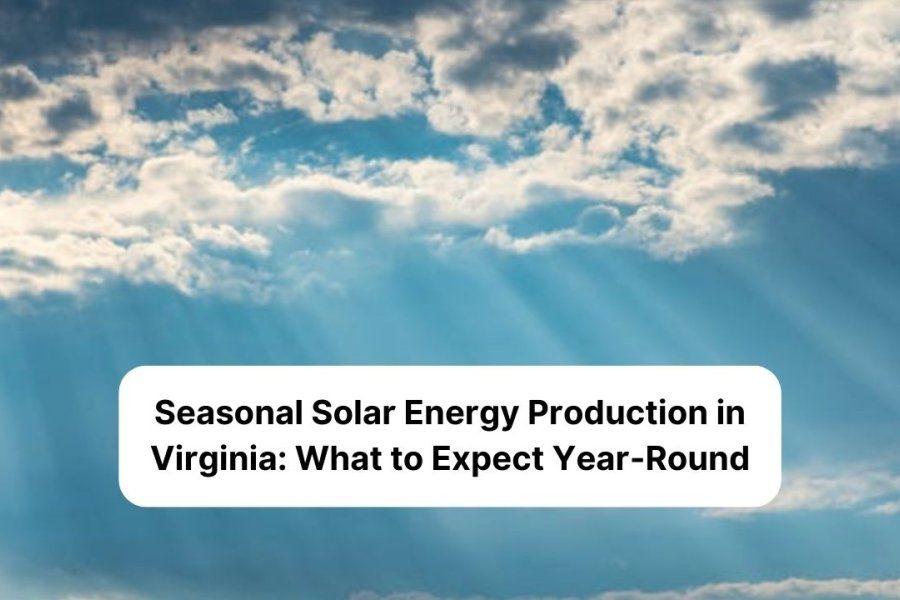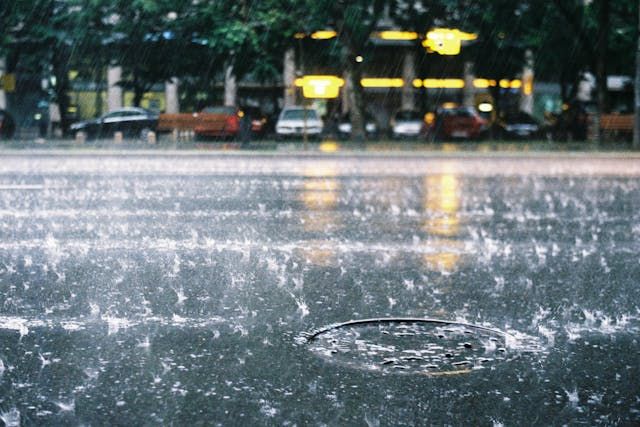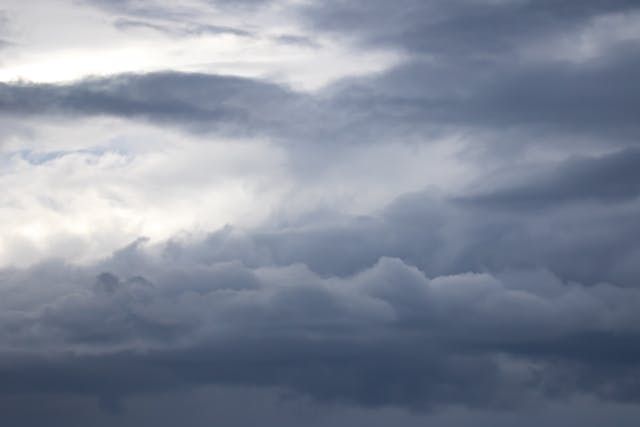
As homeowners and property investors seek more sustainable and cost-effective solutions for their properties, solar energy often comes into consideration. Despite its growing popularity, several myths and misconceptions about solar energy persist. This article aims to debunk these myths and provide a clear understanding of the benefits of solar power.
Key Takeaways
- Seasonal shifts directly impact solar energy production, making it essential to understand and plan for year-round variations.
- Regular maintenance, smart monitoring, and strategic energy storage are key to maximizing your solar panel system’s performance.
- Despite seasonal fluctuations, solar remains a low-risk, high-return investment that reduces utility bills.
Solar energy can significantly reduce your electricity bill, offering long-term savings that often outweigh the initial installation cost. In many areas, property owners can also benefit from tax incentives, rebates, and net metering programs that make solar more affordable and profitable.
Today, more and more Virginians are turning to solar power. But while Virginia is a great location for solar installations, the effectiveness of solar panels can vary with each season. In this blog, the team at Vesta Home Energy will guide you through what you can expect from your solar panels each season.
Reach Out Now!
Why Energy Production Changes With the Seasons
Solar energy production changes with the seasons due to several key factors like:
- Sun Angle - The sun sits lower in the sky during winter resulting in light hitting the solar panels at a steeper angle.
- Daylight Hours - Days are shorter in winter, so there's less time for panels to collect sunlight.
- Temperature - Solar panels actually work more efficiently in cooler temperatures, but the shorter days and lower sun angle still lead to lower production overall.
- Weather Conditions - Fall and winter often bring more clouds, rain, or even snow in some areas, all of which can block sunlight.

By recognizing these fluctuations, you can better plan energy usage, manage storage systems, and avoid surprises on utility bills. This will also help you choose the appropriate system size and determine whether battery storage is needed.
How the Seasons Can Impact Your Solar Energy Production in Virginia
Seasonal awareness ensures the solar system meets year-round energy demands efficiently, maximizing both performance and return on investment while promoting smarter energy habits and greater energy independence. Here’s exactly how solar energy production changes with the seasons in Virginia:
1. Winter: Low Sunlight, Shorter Days, but Consistent Output
Solar panels are more efficient when the weather is cooler. Excessive heat can reduce their ability to convert sunlight into electricity, lowering the overall output. In contrast, cooler conditions help maintain optimal performance, allowing panels to generate more energy even with the same amount of sunlight.
However, the days are shorter during winter, meaning fewer hours of sunlight. The sun is also lower in the sky, which means that sunlight hits the panels at a steeper angle. On average, these weather conditions mean that solar production is lower during winter.
Moreover, solar panels require more upkeep during winter, as snow can minimize sunlight absorption. Here are some things you can do to maximize solar energy production during the colder months:

- Gently remove snow with a soft brush or roof rake to keep panels exposed to sunlight.
- Use your solar monitoring system to track energy output and detect issues early on.
- Trim nearby branches to prevent snow from shading or damaging the panels.
- Inspect roof edges to avoid water backup near panels.
- Remove any dirt or debris that may have accumulated with the snow.
Learn More Today!
2. Spring: Longer Days, Increased Production
During spring, the days are longer and the sun is in a higher position, resulting in increased solar energy potential. Virginia’s spring weather can still bring clouds, but sunny days become more frequent. As daylight hours increase, solar power production starts to rise. However, spring is not peak season. So, it’s the perfect time to schedule any necessary maintenance or inspections to ensure peak performance in the summer.
3. Summer: Peak Production Season
Virginia’s long summer days and frequent clear skies result in maximum solar energy production. Extreme heat can slightly reduce panel efficiency. Luckily, Virginia’s moderate summers are generally conducive to steady production.
Because of the increased production, summer is the ideal time for storing extra energy through battery systems or feeding it back to the grid. To maintain a steady production and prevent your panels from overheating, you must ensure proper airflow around the panels.
4. Fall: Steady Decline in Production
As days shorten and the temperature drops, solar production gradually decreases. The cooler fall temperatures in Virginia enhance production performance, offsetting the reduced daylight hours. This results in a relatively stable production.

This time of the year is perfect for preparing for winter. Here are some tips to help you maximize your solar energy use and storage:
- Ensure panels, inverters, and batteries are working efficiently before winter hits.
- If possible, adjust the angle to better capture the low winter sun.
- Insulate your home, seal windows, and use energy-efficient appliances to preserve energy.
- Track usage patterns to shift high-energy tasks, like doing laundry, to sunny days.
- Automate energy use based on peak production times.
Tips for Maximizing Solar Production in Every Season
It’s perfectly normal for solar production to fluctuate between seasons. However, there are some things you can do to maximize solar production throughout the year, such as the following:
- Clear debris from your roof to reduce the risk of damage to your panels.
- Regularly maintaining and cleaning your panels will ensure a steady production year-round.
- Monitor systems to track solar output and identify any problems or inefficiencies early on.
- Invest in energy storage systems to store excess energy during high-production seasons to use in lower-production months.
Bottom Line
If you’re thinking about investing in solar panels for your Virginia home, you need to understand the seasonal solar production patterns. With the right planning and support, solar energy works year-round!
Whether you’re already using solar energy or simply exploring your options, now is the perfect time to take the next step. Contact our team at Vesta Home Energy today for a personalized assessment or to explore solutions for maximizing your system’s year-round performance.
Contact Our Company Today!


